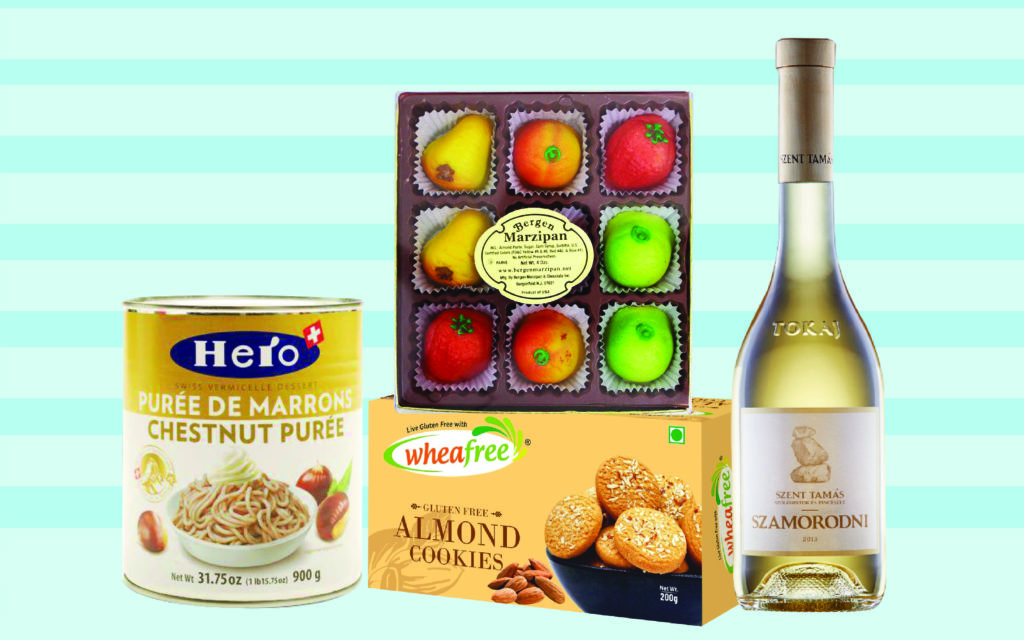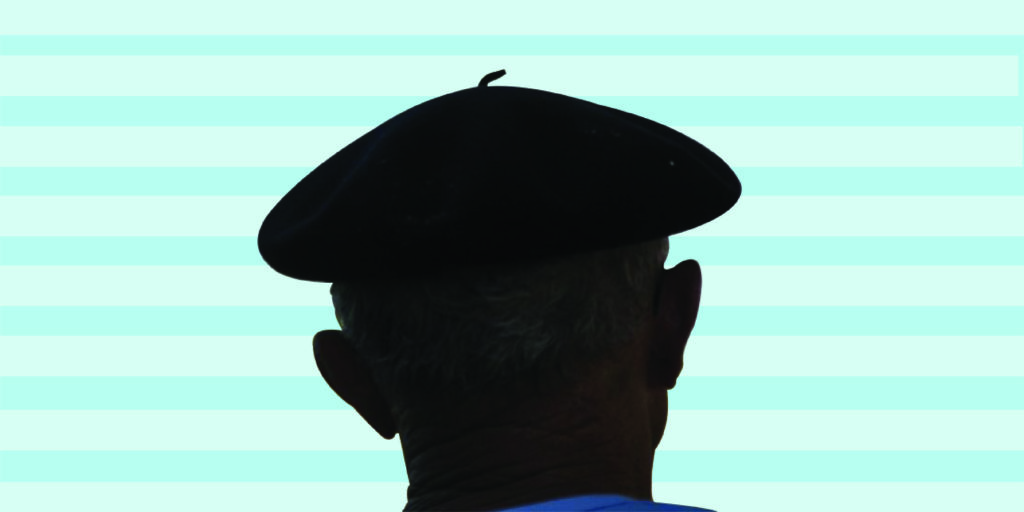I always dreaded Father’s Day. Not because I didn’t love my father or he didn’t love me, but for a reason much more mundane — I hated buying Father’s Day cards, a chore that seemed obligatory for the day in his honor.
I’d stand in the aisle in Duane Reade or CVS or Walgreen’s depending on what city I was living in at the time, my weight shifting between my feet as I perused the selection, a cauldron of dread gurgling in my guts. The first card I picked up had fishing poles. No. The second one I looked at had a grill. Pass. The third one had baseballs and sports uniforms. No way. The fourth one had a toolbox with saws and drills. Nope.
Every year, I’m reminded I don’t have a “normal” dad. I don’t have an American one. My dad’s idea of a relaxing weekend was to drive five hours to New York City to see the Metropolitan Opera, staying at the Red Roof Inn outside of Manhattan to save on hotel charges. His idea of sportswear was a beret. He cried at the ballet, snacked on marzipan. He didn’t fish or grill or watch sports.
I wanted an American dad. I wanted someone who would play ball in the backyard, who would yell at the TV when his team lost, who would give sage advice in a few words. I wanted a dad like the ones I saw in the movies, the kind of dad I thought everyone had. My dad’s foreignness — he fled Hungary at age 28 and still spoke with a thick accent — was keeping me from fitting in. He stuck out as different, which meant I was different, too, and different meant dangerous as a kid.
My dad was distant, foreign. When he went to his first (and only) baseball game, he brought a page of notes about the rules of play. I still remember him hunched over, inspecting his outline and then inspecting the field, trying to match what was happening in the game with his own research. Fans alongside him dressed head-to-toe in sportswear stood cheering as they slurped their beers. A red carpet of embarrassment covered my cheeks.
My dad never drank beer, didn’t own a single piece of sports team clothing. He spoke with a thick accent and slept on four pillows. He had a widow’s peak and came from Hungary with roots in Transylvania. As a kid, I thought he might be a real-life vampire.
Every year, when Father’s Day rolled around and I faced that selection of cards in whatever pharmacy I found myself in, whether New York City or Pittsburgh or San Francisco, I’d think again about how strange my dad was, how unknowable. He wore a beret everywhere he went, a decision a fellow colleague of his called “brave” in our teeny-tiny Pennsylvania town. He collected oil paintings from his native Hungary, our house so full of them it looked like a Parisian salon. He ate the same breakfast of Lender’s bagels every day, and he studied three languages at night. He farted without saying excuse me and would wrap up rolls from a restaurant to take home.
I wanted a normal dad, an American one.
My dad died in October of 2019 after a long, difficult battle with dementia. A few weeks after his passing was Día de los Muertos, and my neighborhood — the Mission in San Francisco — always celebrated the holiday in full fanfare, with a parade and a festival of altars to mark the occasion. I decided that year to set up an altar for my dad.
Altars for Día de Muertos contain universal items like marigolds, pan muerto, candles, and a cup of water to slake thirst in the afterlife. They also contain items specific to the person who passed, like objects that belonged to them and their favorite food and drink. I set about collecting my dad’s favorites: almond cookies from the co-op bakery Arizmendi, the Hungarian fortified wine Tokaji, fruits made of marzipan, tins of chestnut puree. The things he loved were not easy to find. Sometimes, he wasn’t either. But I enjoyed the search and the struggle.

I find myself collecting his favorite things for a holiday that’s not my own but has become more mine than Father’s Day ever was. I appreciate the hunt, I appreciate that I have to seek things out. It reminds me of how unique my dad was, how very special. My whole childhood, I had wanted my dad to be different than he was. As I grew into adulthood, I could respect him for who he was. Someone so resilient he escaped a communist country after multiple attempts, someone so strong he was able to set up a new life for himself in a land where he knew no one.
I can appreciate the special gifts my dad gave me — determination, the desire to be useful to others, a love of languages and the fine arts. I feel his influence when I watch the ballet, the swell of strings and graceful leaps drawing tears to my eyes in the darkness. I remember his courage every day when I pass by the Time magazine cover from 1956 that’s hanging in my front hallway — the cover that honored the Hungarian freedom fighter as Man of the Year.
How much greater these gifts are than finding a fitting Father’s Day card. How much more unique.
Every year, as I begin the process again of collecting items for my altar, I remember what I loved most about my dad. He could be difficult and inaccessible just like the things I assemble for him. But that’s also what made him special.
The people who matter the most to us will always be somewhat unknowable, but we love them anyway. Maybe part of growing up is seeing our loved ones as who they really are, not who we want them to be. Maybe that’s what true love is all about.




